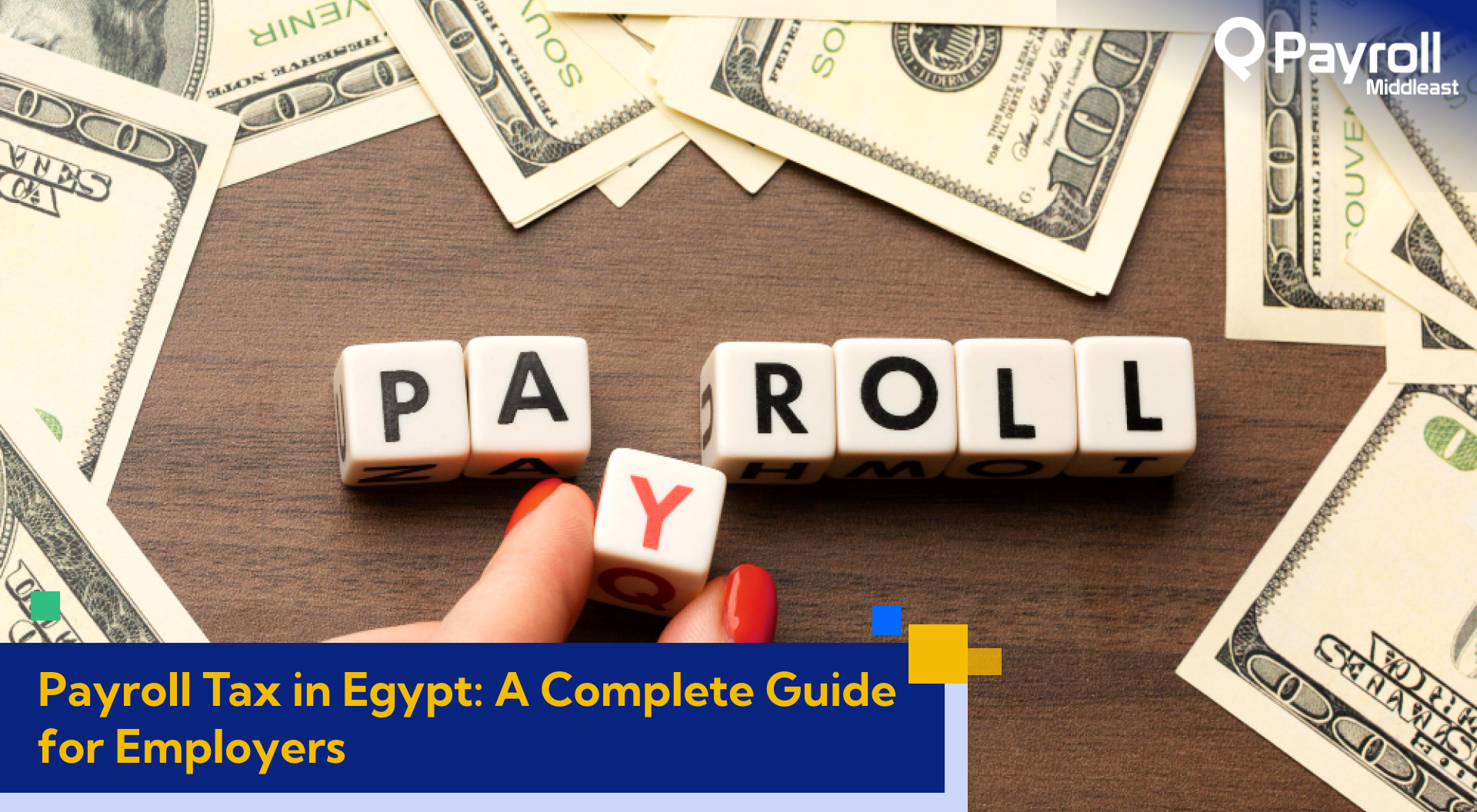Labour markets, around the globe, often rely on their minimum wage laws to protect low-earning workers. Chances are high you might have assumed UAE, being the global business powerhouse it is, has some similar federal mandate.
But in reality, UAE doesn’t impose a blanket federal minimum wage. Instead, it uses a combination of market forces, strict contracts, and a powerful enforcement system to regulate the workers’ pay. This means your salary here depends on negotiation, skill, and sector and not a single national number.
Introduction
Fast moving, diverse, and constantly adapting is how most analysts describe UAE’s labor market. And while headlines love talking about tax-free salaries, what often gets buried is the gritty reality of compensation compliance.
Brief Overview of the UAE Labor Market
UAE is home to over 9 million people. And more than 85% of them are expats. From high level executives in glass towers to domestic workers and blue-collar employees, the job market here spans a vast spectrum of industries and skill levels.
While the government has introduced several reforms to protect the workers and promote fair labor standards, wage structures still significantly vary.
Importance of Understanding Minimum Wage Regulations
Why should any of this even matter to you? Because it affects how you hire, get hired, get paid, and stay legal. Employers risk fines or worse for non-compliance. Whereas, employees risk being underpaid or misled.
What is Minimum Wage?
A minimum wage is the lowest hourly, daily, or monthly pay rate that employers are legally allowed to pay their workers. Its primary goal is to establish a baseline standard of living and prevent worker exploitation. And no, minimum wage is in no way a living wage or an average salary.
Definition and Purpose of Minimum Wage
A minimum wage is the lowest legal salary that an employer can pay an employee. It’s supposed to prevent exploitation and provide workers with a baseline income that supports a basic standard of living.
How It Differs from a Living Wage or Average Salary
We mentioned above that minimum wage isn’t a living wage or an average salary. Here, we discuss how these three differ:
- Minimum wage is the floor. You can consider it the legal bare minimum.
- Living wage is what you’d actually need to live comfortably.
- Average salary is what most people in a specific job or industry earn.
These three numbers rarely match.
Is There a Minimum Wage in the UAE?
It’s now time to answer one of the biggest questions. Is there a minimum wage in UAE? Let’s take a look:
Current Legal Status (As of 2025)
There is no blanket minimum wage in UAE for all employees. The labor law sets salary standards for Emiratis in the private sector and offers protection mechanisms for expats. But it doesn’t assign any fixed number that applies across the board.
However, the law does require wages to be adequate to meet the employee’s basic needs, particularly in full-time roles. The Ministry of Human Resources and Emiratisation is known to step in if salaries dip below reasonable thresholds.
Previous Labor Laws and Reforms
Historically, labor laws in the UAE didn’t include a codified minimum wage. But recent reforms have focused on worker protections, standard contracts, and mandatory insurance schemes to safeguard wages.
Government Stance and Ongoing Discussions
The momentum around the idea of a formal minimum wage is growing, particularly for certain industries and Emirati workers. But as of 2025, we are still operating in a space of guidelines and obligations rather than strict wage floors.
Sector-Specific Wage Practices
As there is no set minimum wage in UAE, your compensation is heavily influenced by:
Wage Standards in Key Sectors
This is how wage standards look in the key sectors:
Construction
The pay often varies based on trade skill and experience. Average workers can expect lower monthly rates than technical specialists.
Domestic Work
It is governed by separate laws. Employers should provide salaries, housing, and food.
Hospitality
Salaries are often supplemented with tips and service charges in the hospitality sector.
Differences in Pay Scales Based on Industry and Role
The UAE minimum wage per month isn’t legally fixed. But de facto wage floors emerge by industry. For instance:
- Retail sales assistants typically start around AED 2,000 to AED 3,000.
- Junior roles in logistics or admin may start at AED 3,500.
- Engineers, IT professionals, and finance staff command higher brackets, especially with local experience.
Impact of Skill Levels and Job Categories
The higher the skill, the higher the expected salary. Skilled professionals usually negotiate contracts that include performance bonuses, housing allowances, and other perks. Low-skill labor often sees more basic salary arrangements with room and board included.
Wage Protection System (WPS)
WPS makes sure workers are paid correctly and on time. Here’s a detailed outlook on it:
What is WPS and How It Works
The Wage Protection System is the UAE’s digital salary transfer platform. It ensures that salaries are paid on time, in full, and directly into employee bank accounts.
Employer Obligations Under WPS
- Register employees with WPS
- Pay salaries through approved WPS agents
- Ensure timely and full payments (no funny business)
Penalties for Non-Compliance
Missing a payment will cost the employers. And it will cost them big time. Fines, work permit bans, and public blacklisting are all on the table.
Employment Contracts and Wage Agreements
Your employment contract is legally binding and dictates your pay structure.
Minimum Requirements in Employment Contracts
Every job in the UAE must come with a written contract. The basics: include
- Your job title and description
- Salary and benefits
- Working hours and leave
Salary Terms: Gross vs. Net Pay, Allowances, Benefits
Gross salary is your total pay before deductions. Your net salary is what actually hits your bank account. Your contract should clarify this.
Ensuring Transparency in Wage Communication
Clear communication up front helps avoid potential disputes later on. Employees should read every word. Employers should explain every clause.
Common Challenges and Misunderstandings
These are some of the challenges and misunderstanding prevalent in the market:
Misconceptions About “Minimum Wage” in the UAE
Many assume there is a single magic number for everyone. Nope. It depends on your role, nationality, experience, and industry. Because UAE takes a more flexible, market-based approach.
Issues with Unpaid Wages or Delayed Salaries
Unfortunately, salary delays still happen. Especially if you are in the construction or manual labor sectors. That’s where WPS, labor complaints, and legal avenues come in. Workers can file their complaints via MoHRE for a swift resolution.
Tips to Avoid Legal Trouble as an Employer
- Use WPS religiously
- Stick to written contracts
- Pay on time
- Be upfront about salary structure
And when in doubt, get legal counsel or outsource to payroll experts like us.
Conclusion
The minimum wage in UAE isn’t a fixed number. It is built on market rates, labor protection laws, and sector-specific norms. When you are either hiring or job hunting, knowing the rules of the game helps you negotiate smarter.
Don’t let fine print or vague contracts mess with your money. Whether you are running a business or running the show at work, stay informed. And for keeping up with the latest updates, regularly check our insights section.
FAQs
Q. Is there a minimum wage in the UAE?
There is no set minimum wage for all workers.
Q. What is the basic salary in UAE?
It varies by industry and job role.
Q. What if my salary is delayed?
Employees can file a complaint through MoHRE. Employers might face penalties if salaries aren’t paid on time.
Q. What’s the difference between gross and net salary?
Gross income includes allowances. Whereas, net salary is the take-home amount after deductions.
Q. Can I negotiate my salary in the UAE?
Yes, especially in skilled roles. Always review your contract and confirm total compensation.
Do you need help with managing payroll or contracts? Get in touch with our UAE payroll experts now.





